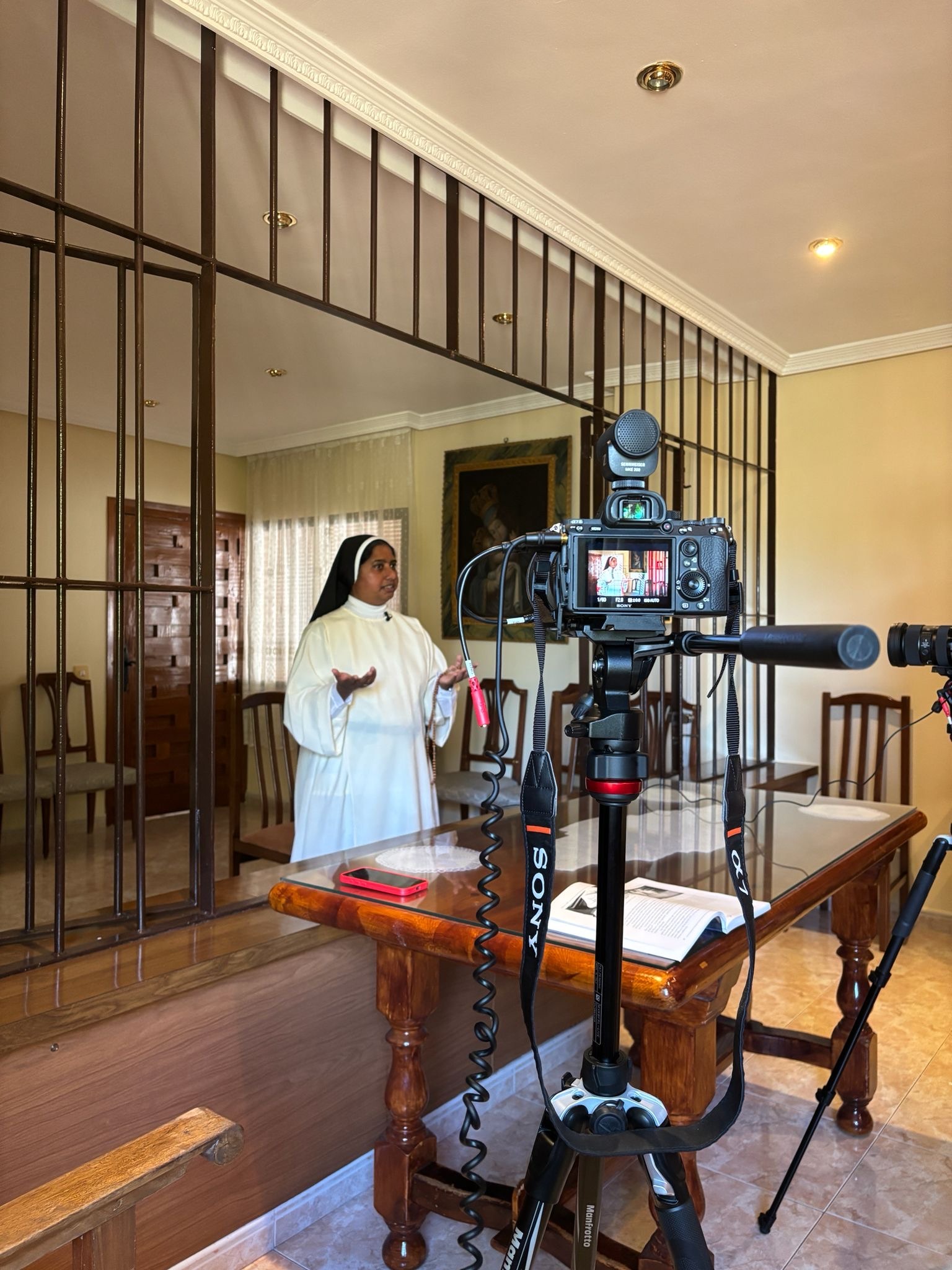Multi Media
My Documentary
Over the summer, as part of Northeastern's one-month Dialogue of Civilizations: Video Storytelling and Culture in Spain program, I co-produced a 7-minute documentary about the lives of cloistered nuns in Spain. "Behind the Turnstile: Where Prayer Meets Pastry" peeks inside Spanish convents and highlights how many cloistered nuns, who receive no financial support from the Catholic Church, bake confectionery goods to support themselves. As my first introduction to documentary-style reporting, this project pushed my skills as a journalist and provided a crash course in video storytelling.

Social Media Experience
While in Spain, I worked on the Social Media Team, which was dedicated to documenting our program. Over the course of four weeks, we developed 44 posts, including traditional posts and reels, as well as daily stories. Being a part of this team strengthened my content management skills, proficiency in Canva and ability to communicate across different platforms.